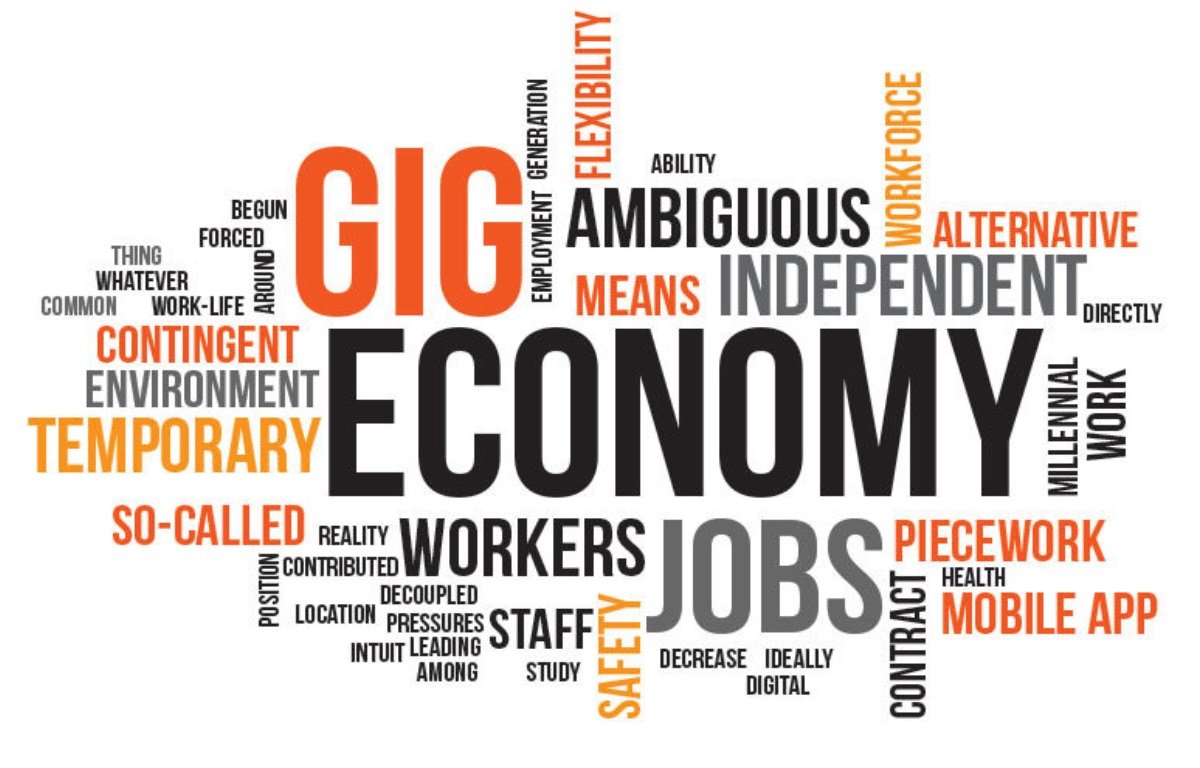The Rise of the Gig Economy: Reshaping the Way We Work
The Rise of the Gig Economy
In recent years, the gig economy has gained significant attention and popularity. With the advent of technology and the rise of digital platforms, more and more people are turning to freelance work and short-term contracts instead of traditional full-time employment. This shift in the labor market has created a new way of working that offers flexibility and autonomy to individuals.
What is the Gig Economy?
The gig economy refers to a labor market characterized by the prevalence of short-term contracts and freelance work. In this type of economy, individuals are hired on a project-by-project basis, often through online platforms or apps. These platforms connect workers with clients or customers who need specific tasks or services completed.
Unlike traditional employment, gig work does not involve a long-term commitment between the worker and the employer. Instead, workers are considered independent contractors and are responsible for managing their own taxes, insurance, and other aspects of their work. This arrangement provides individuals with the flexibility to choose when and where they work, allowing them to have greater control over their schedule and work-life balance.
The Benefits of the Gig Economy
The gig economy offers several benefits to both workers and businesses. For workers, the gig economy provides opportunities for additional income, flexibility, and the ability to pursue multiple interests or passions. Freelancers can choose the projects they want to work on, set their own rates, and have the freedom to work from anywhere.
Businesses also benefit from the gig economy as it allows them to tap into a diverse pool of talent and expertise. Instead of hiring full-time employees for specific tasks, businesses can hire freelancers with specialized skills for short-term projects. This not only saves costs but also enables businesses to access a wider range of skills and knowledge.
Challenges and Concerns
While the gig economy offers many advantages, it is not without its challenges and concerns. One of the main concerns is the lack of employment benefits and protections for gig workers. Unlike traditional employees, gig workers are not entitled to benefits such as health insurance, paid time off, or retirement plans. This can leave gig workers vulnerable and financially insecure.
Additionally, the gig economy can create a sense of instability and uncertainty for workers. Since gig work is often project-based, there is no guarantee of a steady income or consistent work. This can make it difficult for individuals to plan for the future and may result in financial instability.
Another concern is the potential for exploitation of gig workers. Some platforms may set low rates or engage in unfair practices, leaving workers with little bargaining power. There have been instances of workers being underpaid or not receiving payment at all for their services.
The Future of Work
The gig economy is reshaping the way we work and is likely to continue growing in the future. As technology advances and more platforms emerge, the gig economy will offer even more opportunities for individuals to find work and for businesses to access talent.
However, it is important to address the challenges and concerns associated with the gig economy. Governments, businesses, and platforms need to work together to ensure that gig workers are protected and have access to benefits and fair wages. Regulations and policies should be put in place to create a more equitable and sustainable gig economy.
Overall, the gig economy has the potential to revolutionize the labor market and provide individuals with greater flexibility and autonomy in their work. By recognizing and addressing the challenges, we can create a future of work that benefits both workers and businesses.
